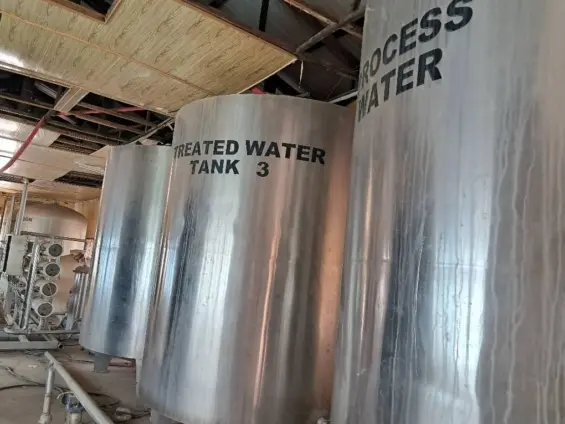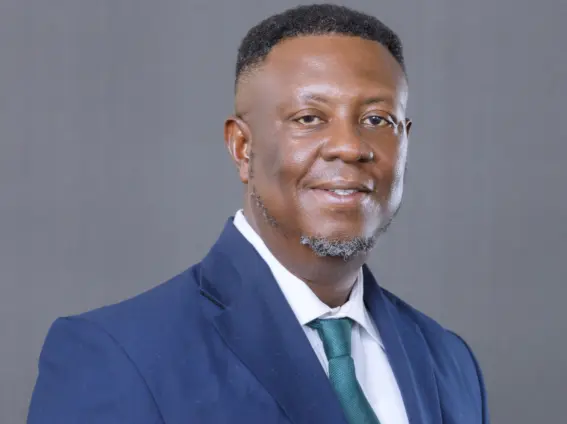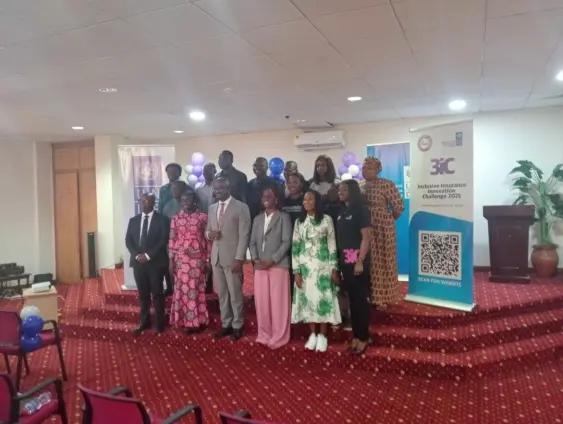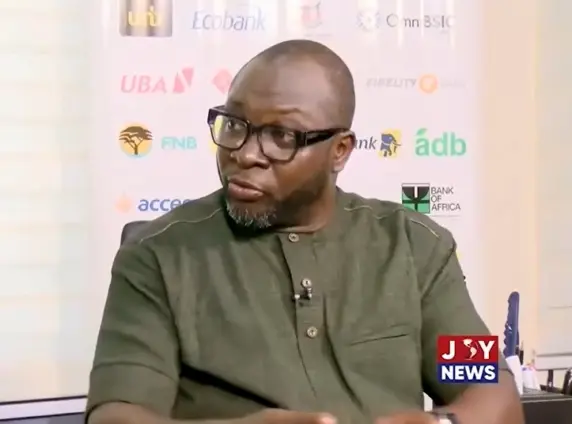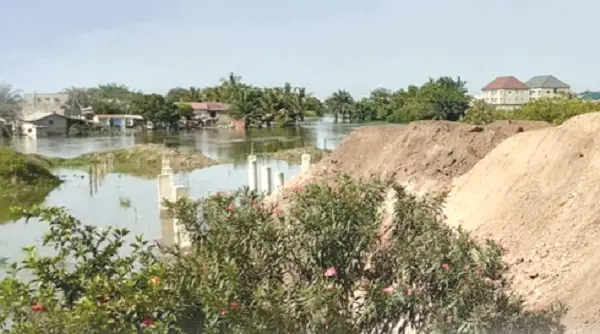Accra flickered under the weight of a power crisis. For Ghanaians accustomed to the ebb and flow of electricity, the outages of the early 2010s felt different, more persistent. In response, a wave of Independent Power Producers (IPPs) arrived, promising to close the gap. Now, a decade later, Ghana finds itself grappling with a new challenge: a Ghana Power Debt Crisis fueled by a reliance on thermal energy, with the government owing these same IPPs over $2.5 billion.
The story of Ghana’s energy sector is one of dramatic transformation, with thermal power eclipsing hydro as the dominant source. This shift, while addressing critical power shortages, has created a complex web of financial obligations, raising concerns about the sustainability of the nation’s current energy model.
For decades, hydro power defined Ghana’s energy landscape. In 2000, according to the Energy Commission Report, hydro capacity stood at 1,072 MW, nearly double thermal’s 580 MW. The Akosombo Dam, a symbol of post-independence ambition, hummed steadily, providing the bulk of the nation’s electricity. But as demand grew and climate patterns shifted, reliance on hydro became precarious.
The past two decades have witnessed a seismic shift. By 2024, the Energy Commission reports that thermal capacity had surged to 4,032 MW, dwarfing hydro’s 1,584 MW. This dramatic increase is primarily attributed to investments from IPPs, who stepped in to stabilize the power supply during the shortages of the early 2010s. While solving an immediate problem, this transition has fundamentally altered Ghana’s energy mix and its financial obligations.
The influx of IPPs brought much-needed generating capacity, but it also introduced a new set of challenges. These companies established thermal plants, often under ‘take-or-pay’ contracts, obligating the government to pay for power regardless of actual usage. As former President John Mahama has pointed out, “The state owes IPPs and fuel suppliers an estimated $2.5 billion — a figure that highlights the unsustainable nature of the country’s current energy financing model.”
The government’s financial burden is further exacerbated by the structure of these agreements. Paying IPPs in dollars while collecting tariffs in cedis creates a significant vulnerability to fluctuations in the foreign exchange market. The dependence on imported natural gas and other fuels adds another layer of complexity, making Ghana’s energy sector susceptible to global price volatility and currency depreciation.
Thermal power now constitutes a significant portion of Ghana’s overall energy capacity. In 2024, thermal sources account for 70% of the total installed capacity of 5,749 MW. When considering dependable capacity – the amount of power that can be reliably generated – thermal leads with 3,695 MW out of a total 5,211 MW. Hydro, while remaining an important component, has seen a relatively modest increase, from 1,040 MW in 2000 to 1,411 MW in 2024.
Renewable energy sources, such as solar and waste-to-energy technologies, contribute minimally to the overall mix. With only 133 MW installed and 106 MW dependable, these sources have yet to make a significant impact on Ghana’s energy landscape.
The heavy reliance on imported fuels to power thermal plants puts constant pressure on Ghana’s foreign exchange reserves. Fluctuations in global energy markets and the depreciation of the cedi create significant payment challenges for the government. To mitigate these challenges, Ghana has pursued gas agreements with Nigeria and invested in LNG terminals. However, the fundamental issue remains: an energy financing model that is unsustainable in the long term.
As Ghana navigates its Ghana Power Debt Crisis, the path forward requires a multifaceted approach. Exploring alternative energy sources, such as solar, wind, and other renewables, is crucial for diversifying the energy mix and reducing reliance on imported fuels. Renegotiating IPP contracts to ensure fairer terms and more flexible arrangements is also essential. Stabilizing the Ghana cedi through sound economic policies will help alleviate the pressure on foreign exchange reserves. Only through these measures can Ghana ensure a more secure, affordable, and sustainable energy future.
Image Source: MYJOYONLINE











